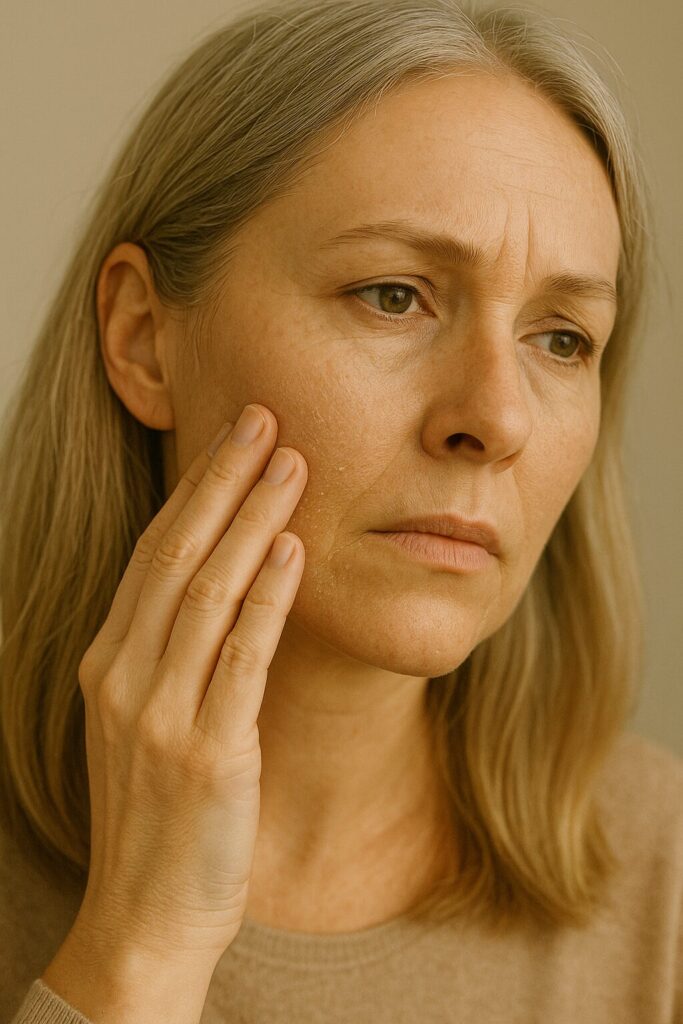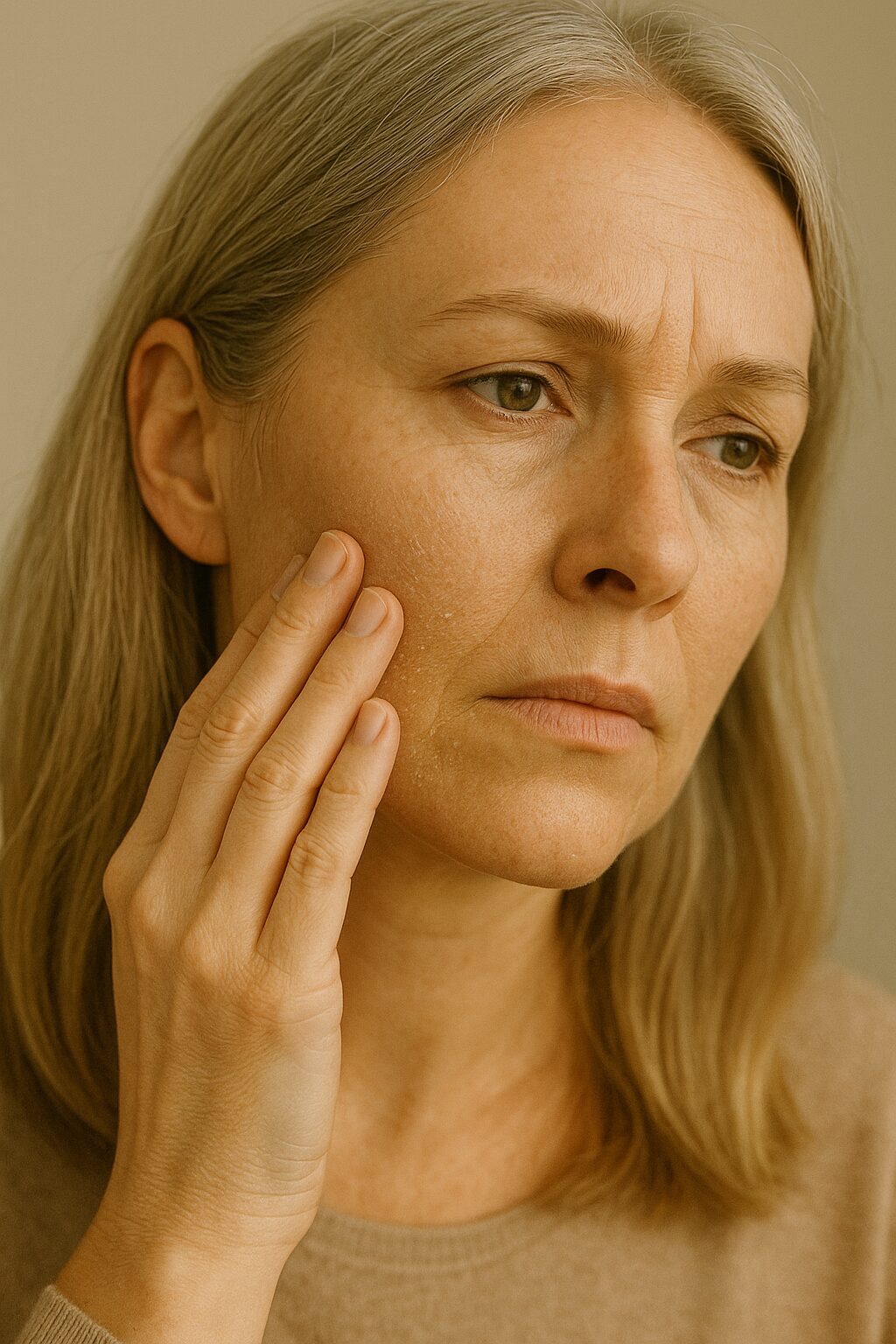Hyaluronic acid is a natural substance found in skin, joints, eyes, and connective tissues. It has a unique ability to retain water and support hydration at the cellular level. As levels decline with age, stress, or poor lifestyle habits, symptoms of deficiency may appear in different parts of the body. This article explains the main signs of hyaluronic acid deficiency and why maintaining balance is important for long-term wellness.

1. Dry and Aging Skin
Hyaluronic acid plays a key role in keeping skin plump and hydrated. A deficiency may lead to dryness, tightness, and loss of elasticity. Fine lines and wrinkles may become more visible, and skin tone may appear dull. Reduced hydration also makes the skin more sensitive to irritation.
2. Joint Stiffness and Pain
As a major component of synovial fluid, hyaluronic acid helps lubricate and cushion joints. Low levels may cause stiffness, discomfort, or cracking sensations during movement. Knees, hips, and hands are often affected first, reducing flexibility and mobility.
3. Eye Dryness
Hyaluronic acid helps maintain tear film stability. Deficiency may cause dry eyes, burning sensations, or blurred vision, especially in people with long hours of screen use. This may lead to discomfort in daily activities and reduced visual clarity.
4. Slow Wound Healing
Because hyaluronic acid supports tissue repair, low levels may slow the healing of cuts, abrasions, or skin irritations. Recovery from minor injuries may take longer, and scars may form more easily when hydration and repair mechanisms are weakened.
5. Fatigue and General Weakness
Hyaluronic acid supports cell hydration and energy metabolism. Deficiency may lead to overall tiredness, muscle aches, and reduced vitality. In older adults, this may contribute to decreased quality of life and daily activity limitations.
6. Gum and Oral Issues
Within the mouth, hyaluronic acid helps protect gum tissue and oral mucosa. A deficiency may increase gum sensitivity, swelling, or bleeding. Dry mouth and unpleasant breath may also occur more often.
7. Circulation and Vascular Health
Hyaluronic acid supports the flexibility of blood vessel walls. Without enough, circulation may be less efficient, leading to cold hands and feet, or increased strain on cardiovascular function. Supporting vascular health may require consistent intake of hydration-supporting nutrients.
🌿
Hyaluronic acid deficiency may present as dry skin, joint stiffness, eye discomfort, delayed healing, and overall fatigue. Regular consumption of hyaluronic acid–rich foods or supplements, along with good lifestyle habits, could help maintain hydration and protect tissues. While individual responses may vary, consistent support may contribute to healthier skin, joints, and energy balance.
References and Further Reading
National Institutes of Health (NIH) – Hyaluronic Acid Overview
World Health Organization (WHO) – Joint and Tissue Health
American Academy of Dermatology – Skin Hydration and Aging
※ This article is for general informational purposes only. Individual responses may vary, and professional consultation is recommended before supplementation.
